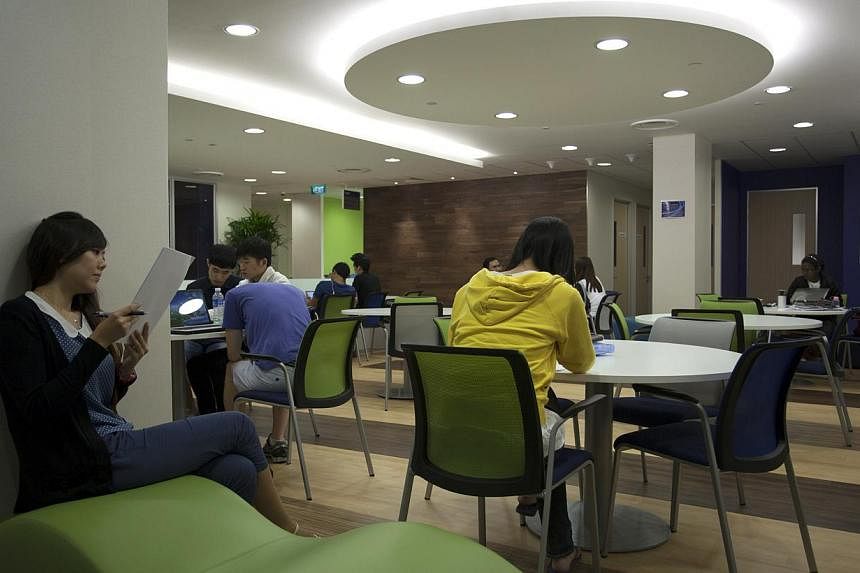Singapore may be losing its shine as a destination for foreign students.
The country is getting more expensive to study in and jobs are harder to come by after leaving school, industry players said, dimming the city state's allure as an education hub.
There are about 75,000 student pass holders as at July, figures from the Immigration and Checkpoints Authority showed. The number stood at 84,000 two years ago.
The figures include foreign students enrolled in private and public institutions, including secondary schools, polytechnics and universities.
"Singapore has never been really cheap for foreigners, but in the past, these students could get jobs much easier after they graduate," said education consultant Aaron Yang from Destiny Consultant, which recruits Chinese students for private educational institutions here.
"That was one of Singapore's biggest competitive advantages, but it no longer offers this."
Besides dwindling employment options, students are also avoiding the island nation because of higher costs, which are fuelled partly by a strong Singapore currency.
A recent survey by HSBC ranked the country as the second most expensive place among 15 destinations for foreign undergraduates.
A foreigner will spend an average of US$39,229 (S$49,760) a year studying here and US$42,093 in Australia, which came out tops.
The United States came in third at US$36,564, while Britain was fourth at US$35,045.
In Singapore, rent and tuition fees have pounded foreign students' pockets most heavily.
For instance, a year at the National University of Singapore's business school will cost a foreign student $31,200 now - a 9 per cent increase from 2012.
A Singaporean student pays $9,250 today.
Similarly, property prices here have spiked since the 2008 global financial crisis.
"Rent went up too, especially for properties located near schools, including private schools," said property analyst Chris Koh.
Both the Council for Private Education - which regulates private school operators - and private institution Kaplan Singapore report a drop in the number of foreign students.
Observers have noticed a slowdown in the number of foreigners being enrolled in mainstream schools here too.
Mr Tan Kok Wie, 61, who provides accommodation to foreign students in mainstream schools, said business has been slowing down since four years ago.
"It seems that it is harder for foreign students to pass the admission test," said the owner of MG Homestay Services.
Foreign students hoping to enter mainstream schools here must sit and pass an English and maths test before they will be offered a place.
"Now, we have to prep students that they might not be able to pass the entrance test, and the alternative is an international school, which is much more expensive.
"Some of them end up not coming," Mr Tan said.


